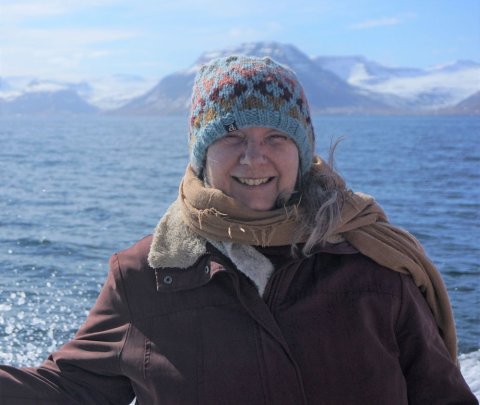Hér má nálgast námskeiðslýsingar allra námskeiðanna sem í boði eru. Einnig má sjá skipulag námsins í sameiginlegri kennsluáætlun Sjávarbyggðafræði og Haf- og strandsvæðastjórnunar.
Námskeiðin uppfylla kröfur ýmissa stéttarfélaga um námsstyrki. Vor- og sumarannir eru tilvaldar fyrir háskólanemendur sem vilja stytta námstímann í reglubundnu námi.
Fyrirspurnir sendist á kennslustjóra Háskólaseturs.
Planning for climate change in coastal regions: adaptation and mitigation
- Spring 2025
- Kennari: Dr. Patricia Manuel
Um námskeiðið
This course reviews major projected impacts of climate change in coastal areas under the different UNFCCC scenarios. It then introduces students to strategies and tools that societies can and do use to adapt to future conditions and build climate-resilient communities: for example, through community-based adaptation measures, capacity-building, hard and soft protection responses, and economic incentives. The course also discusses the scientific bases and the societal context of different current and proposed strategies to mitigate climate change, such as blue carbon approaches, geoengineering, and carbon sequestration and storage technologies. It highlights current best practices and encourages students to consider issues of resilience, justice, and intra and intergenerational equity as they assess options to confront anthropogenic climate change.
Kennari
is a Professor of Planning in the School of Planning, Dalhousie University, Halifax, Nova Scotia, Canada and is cross-appointed to the Dalhousie School of Occupational Therapy. She is also a licensed professional planner (LPPNS) and member of the Atlantic Planners Institute and the Canadian Institute of Planners and serve as a director of the Licensed Professional Planners Association of Nova Scotia and Coastal Zone Canada Association.
As a geographer and environmental planner, she teacheas broadly in community and environmental planning and conducts applied research in multidisciplinary teams on climate change adaptation, wetland and watershed planning, and marine spatial planning.
Patricia's current research includes investigating barriers to and opportunities for nature-based adaptation in coastal regions, social vulnerability and climate change, community-based engagement in marine spatial planning, the intersection of community planning and marine spatial planning, and integration of local and traditional knowledge in marine resource decision-making. Students conduct research and work in internships in all these areas under my supervision and benefit from being part of the research groups.

Kennsluskrá
On completion of the course, a student can:
- explain the expected impacts to coastal regions under different future climate scenarios.
- discuss the advantages and disadvantages of different adaptation strategies in creating a more climate resilient society.
- critique the effectiveness and sustainability of various mitigation strategies.
- discuss the role of risks, vulnerability, equity, and justice in developing regional strategies to deal with climate change.
- critically evaluate local and regional climate adaptation plans.
Prerequisites: No prerequisites registered for the course
Assessment: 30% group project; 60% written and practical assignments; 10% participation
Final Exam: Assignment